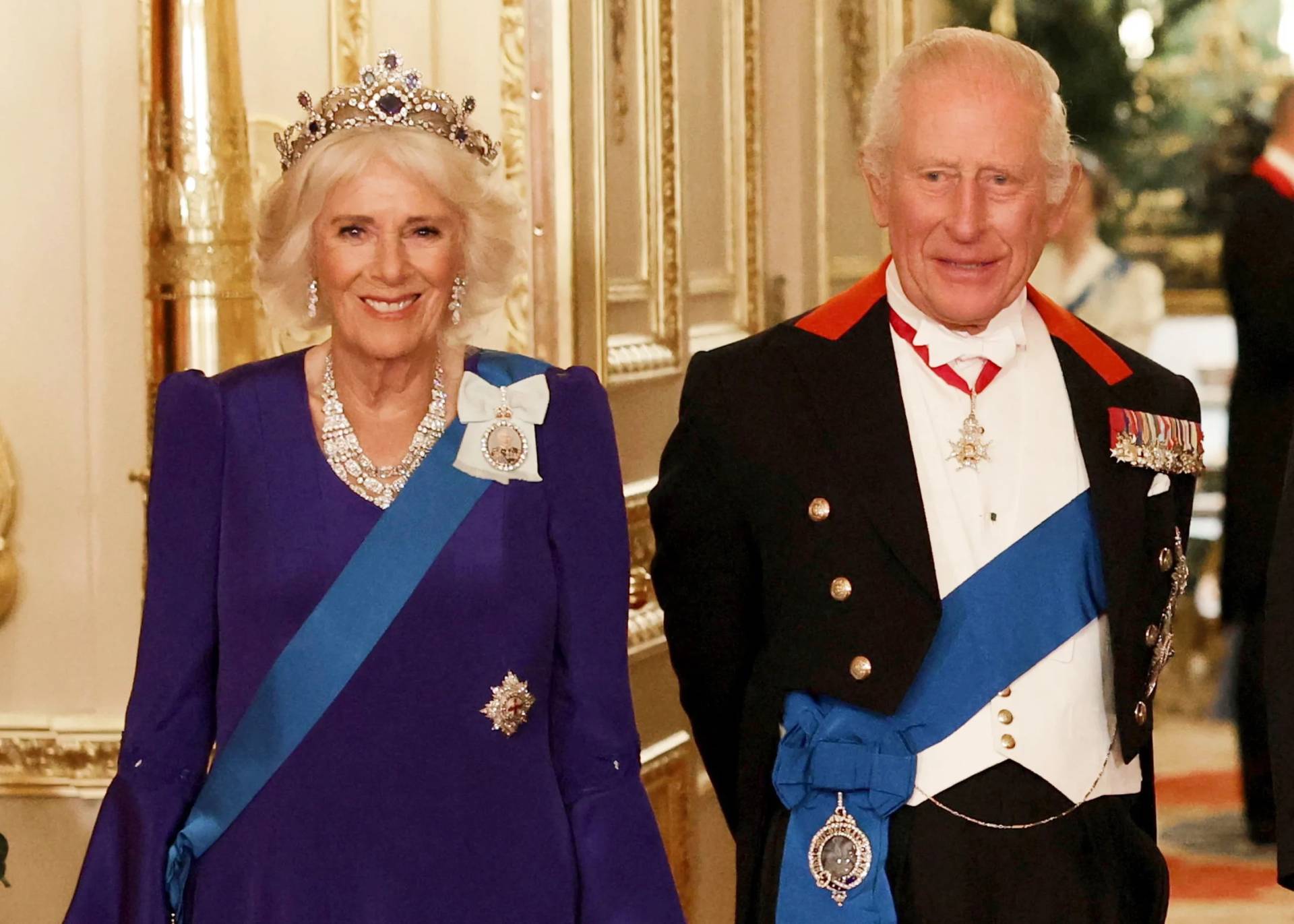LEICESTER, United Kingdom – Cardinal Vincent Nichols of Westminster, the head of the Bishops’ Conference of England and Wales, urged the UK’s new prime minister to tackle the nation’s ongoing cost-of-living crisis.
Liz Truss, the 47-year-old foreign secretary, was elected the Conservative Party’s new leader on Monday, replacing outgoing Prime Minister Boris Johnson.
Johnson announced his resignation in July after a series of scandals. Although he stayed on as caretaker prime minister, critics have complained the government has seemed rudderless during a summer which saw the worst inflation since the 1980s.
The inflation, currently predicted to reach over 13 percent by year’s end, is mostly driven by soaring energy and fuel costs, driven by the current war in Ukraine as well as the effects of Brexit and the COVID-19 pandemic.
In his message, Nichols congratulated Truss, and pointed to the many crises the country is facing, especially the cost of living.
“Catholics are present in every local community, seeking to contribute constantly to the support of those in need. So we are well aware of the dramatic impact this crisis is having, with many people knowing they face choices between ‘heating or eating,’ especially as winter approaches,” the cardinal said.
“The affluence to which our society has become accustomed seems to be seeping away. I, and my fellow bishops, recognize the complexity of the causes, both short and long-term, that bring about the crisis now affecting so many. There are many Catholics in public life and in the charitable sector who are engaging in trying to produce long-term solutions to these political and economic challenges,” he continued.
The cardinal pointed to the principles of Catholic Social Teaching, and the bishops’ conference issued a briefing paper alongside the cardinal’s statement to further explain its role in helping society.
The briefing paper noted the roots of crisis “are complex and there are no easy solutions.”
It listed several long-term and short-term causes, including the extraordinary rise in the cost of energy; the very high cost of housing in this country and its effects on rents; rising food prices; the longer-term effects of the pandemic; an aging population leading to higher taxes whilst public services appear to deteriorate; and the weakening of the institution of the family which leads to greater financial needs and financial fragility in many households.
“There are also secondary effects of the crisis. Stress and increased poverty will lead to a worsening of mental health. Shortages of labor in health and social care are severely affecting the delivery of these services. And there has been an increase in industrial unrest. In addition, family members are having to increase their working hours and, therefore, may not be able to care for their children or for elderly parents themselves. This puts still further pressure on social services. At the very least, increased working hours lead to greater strain on family life,” the paper continued.
The bishops’ conference urged the government to ensure the timely uprating of welfare benefits, especially those for the elderly and for families with children; to remove the two-child cap on universal credit payments (the main welfare program in the UK); to consider reform of the tax system so that it better recognizes family, child-rearing and other caring responsibilities; and to ensure that priority is given, in tax and welfare policy, to “protecting the most vulnerable.”
The bishops also urged the government to recognize the work that faith and other civil society groups were able to do during the pandemic to ameliorate suffering and ensure that their role is fully recognized in government policy initiatives to relieve the cost-of-living crisis.
“Catholic Social Teaching indicates key principles which help to fashion just solutions to urgent and dire need,” Nichols said in his message.
“The principle of serving the common good means that the needs of the poorest in society must be given urgent attention. The time for giving priority to factional interests has passed. Today our focus should be on the elderly, families who have the care of children, and all those least able to absorb the huge increases in the cost of living that we face,” the cardinal said.
The Conservative Party won the UK’s last election in 2019. In the country’s parliamentary system, the resignation of a prime minister doesn’t lead to a new national election. Instead, the new leader is picked by the members of the ruling party.
Truss told members of the Conservative Party on Monday she would tackle the crisis by cutting taxes and easing government regulation.
“I will deliver a bold plan to cut taxes and grow our economy. I will deliver on the energy crisis, dealing with people’s energy bills, but also dealing with the long-term issues we have on energy supply,” she said.
“I know that our beliefs resonate with the British people: Our beliefs in freedom, in the ability to control your own life, in low taxes, in personal responsibility,” she added. “I know that’s why people voted for us in such numbers in 2019 and as your party leader I intend to deliver what we promised those voters right across our great country.”
Truss is the third woman to be prime minister of the United Kingdom, following Margaret Thatcher (1979-1990) and Theresa May (2016-2019).
Follow Charles Collins on Twitter: @CharlesinRome

















